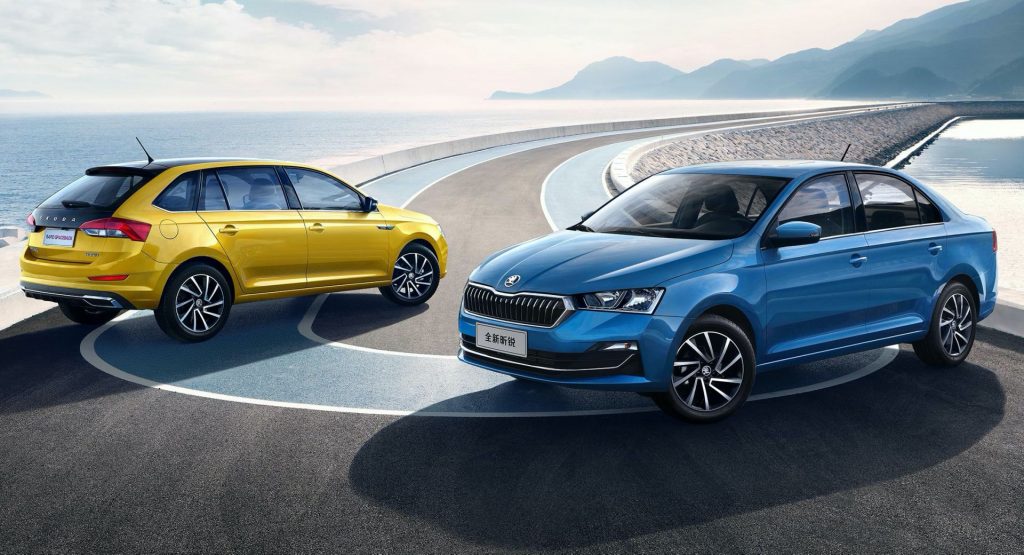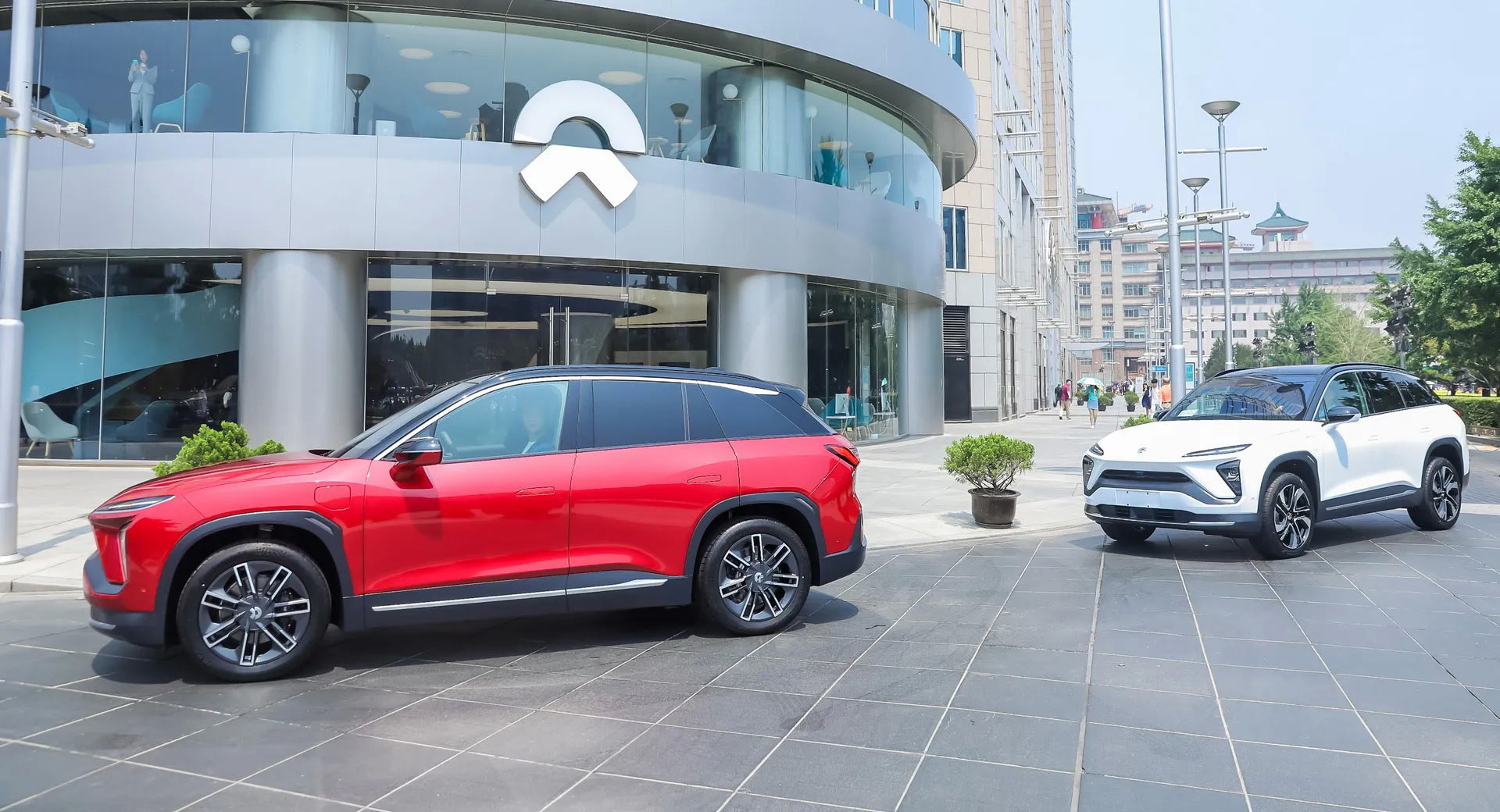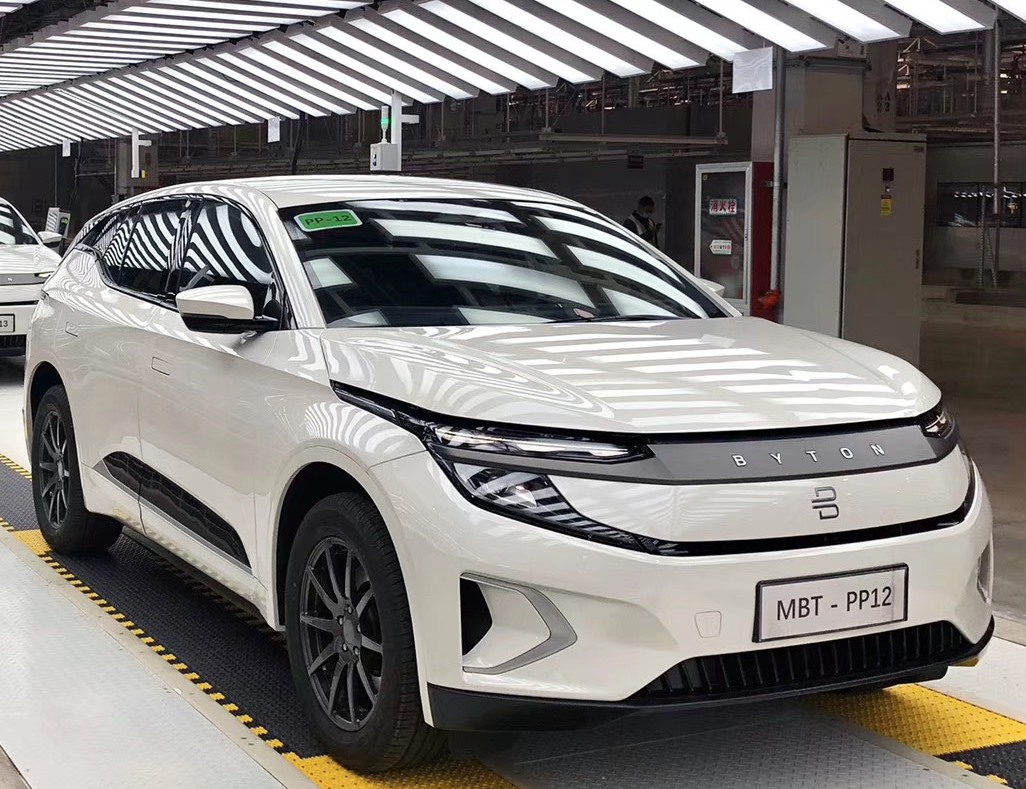As with, if not all, most markets around the world, the Chinese car industry has been crippled by the coronavirus pandemic and the government is looking for ways to encourage people to start buying cars again.
A report from CNN says that by this stage of the year, more than 6 million new vehicles would have been sold but due to the lockdown throughout the nation, only around 3.7 million new cars have been delivered so far in 2020. February was particularly painful for the country with a mere 310,000 vehicle sales, a drop of 79 per cent from February 2019. In March, sales rebounded to 1.43 million but that was still down 43 per cent from March 2019.
Read Also: Showroom Traffic In China At 66 Percent Of Normal Levels
Last month, the government announced that it will extend subsidies and tax breaks for new energy vehicles by another two years, a dramatic turnaround from last year when it started to cut these incentives. New energy vehicles, such as EVs, plug-in hybrids, and hydrogen cars are struggling to find homes across the nation and in March, only 53,000 were sold (excluding Tesla), 53 per cent fewer than the year prior.
A number of local governments have also announced measures to encourage buying. At least a dozen cities and provinces have encouraged people to buy cars, largely thanks to cash subsidies worth as much as $1,400 per vehicle.
It’s crucially important that China can get its auto industry back up and running. In excess of 40 million people in the country rely on the automotive sector for direct and indirect jobs. Each year, the industry generates over $1 trillion in revenue, approximately 10 per cent of China’s manufacturing output.





